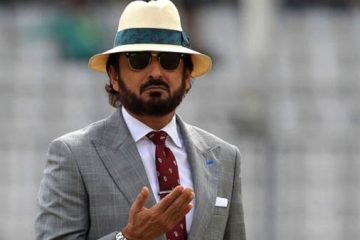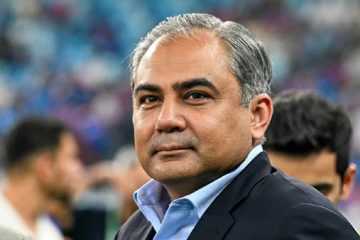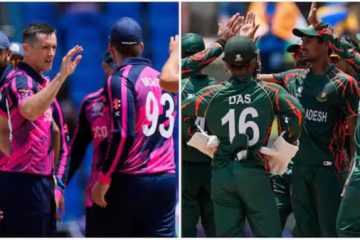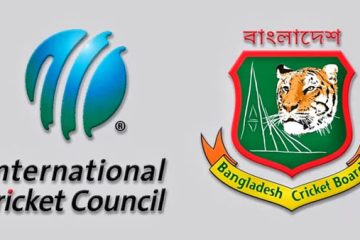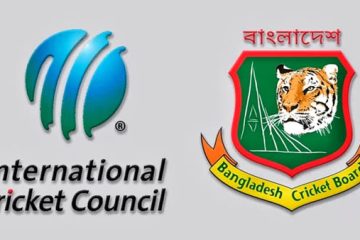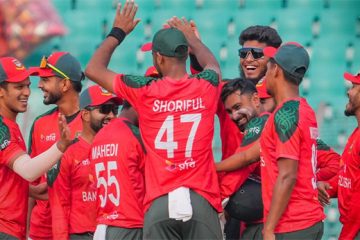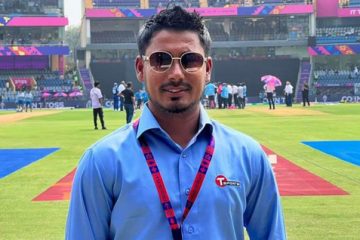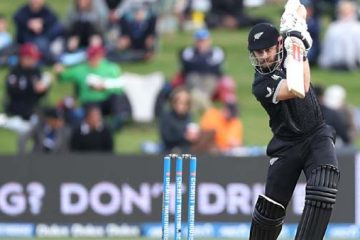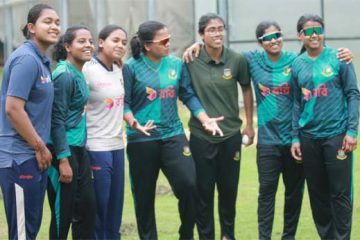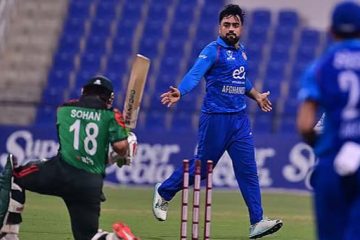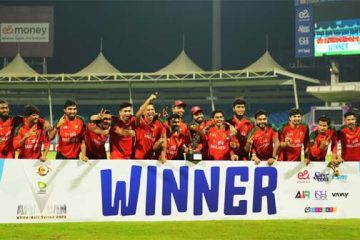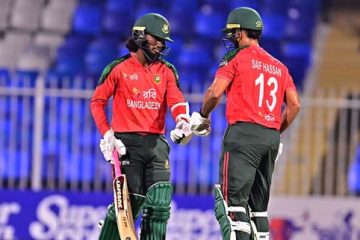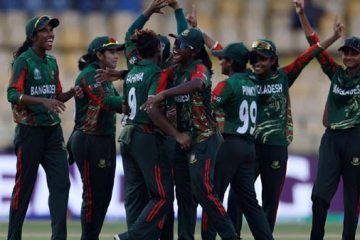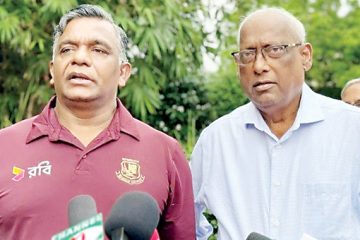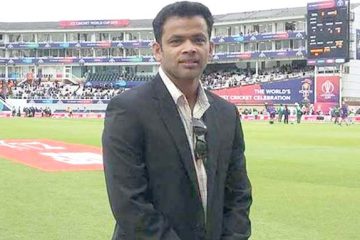Zulu rules in rookies’ Cup
The 1999 World Cup was a tournament for the newer faces in world cricket, with the bowling and batting charts headed by players in their first World Cup.
Pakistan’s Shoaib Akhtar, who broke into the national team two years earlier, terrorised batsmen with his extreme pace, and presented the world with a spectacle that it had not seen since Allan Donald’s heyday. He was so quick that in their opening match against the West Indies, when opener Sherwin Campbell fended at a ball that pitched just short of a good length, the missile took the edge of the bat and flew over first slip’s head and landed a few rows back in the stands. He finished with sixteen wickets from ten matches.
India introduced the world to Sourav Ganguly and Rahul Dravid. Dravid was the highest scorer of the tournament with 461 runs, and Ganguly was the third highest. The two combined to post 318 for the second wicket against Sri Lanka at Taunton, the highest partnership in one-day cricket at the time, and still the highest in World Cups. Ganguly made the highest score of the Cup by bludgeoning his way to 183, while Dravid was all class in his 145. This after Dravid had put on an unbeaten 237 for the third wicket with Sachin Tendulkar against Kenya at Bristol just three days earlier.
In that match, Dravid scored an unbeaten 104, and three days later became only the second batsman after Australia’s Mark Waugh to score two consecutive World Cup hundreds.
However, the player who stole the show was Man-of-the-Tournament Lance ‘Zulu’ Klusener, another Cup debutant.
The South African allrounder played nine matches, was dismissed only twice from a total of eight outings with the bat, and scored 281 runs in the tournament off 230 balls. He usually batted at number eight or seven in the line-up, and his highest score was only an unbeaten 52 against Sri Lanka at Northampton. He had only one other fifty in the tournament; proof that he scored whenever needed and was in the form of his life. He almost took South Africa to the final after blasting an unbeaten 31 from 16 balls in the semifinal against Australia.
As much as his penchant for big hits, it was his composure under pressure that made him such an impact player in the tournament. An example of Klusener delivering under pressure was when he smashed the likes of Wasim Akram, Shoaib Akhtar and Saqlain Mushtaq to pull off an unlikely victory against Pakistan in a Super Six match at Trent Bridge.
It was not only his batting that made opponents cower. Using the seaming conditions perfectly he picked up 17 wickets, the fourth highest for the tournament and the highest for South Africa. He picked up five for 21 against Kenya at Amstelveen.
Australian captain Steve Waugh was the second highest run-scorer of the World Cup with 398 runs, including an unbeaten innings of 120 against South Africa in the Super Six match at Leeds; an innings played under immense pressure when the heat was on in Australia’s last chance to qualify for the semifinals.
Geoff Allott of New Zealand and Shane Warne of Australia created new Cup records, taking twenty wickets each. Geoff Allott sat top of the bowling charts, having played one match fewer than Warne, who raised his game when it mattered by taking four wickets apiece in the semifinal and final.
Pakistan’s gloveman Moin Khan led the keepers’ list with fifteen dismissals from ten matches, while West Indian Ridley Jacobs came in second with fourteen from only five matches.
Though he did not know it at the time, the 1999 World Cup was to be Shane Warne’s last. In the 2003 edition he was banned for a year after failing a dope test on the eve of the tournament, and subsequently quit one-day internationals. It was also the last tournament for the twins Steve and Mark Waugh, both having considerable success with Mark finishing fourth on the tournament batting charts.
Iconic Sri Lankan captain Arjuna Ranatunga retired after the World Cup. His Indian and South African counterparts in the tournament, Mohammed Azharuddin and Hansie Cronje, would not be allowed to play cricket any longer after their involvement in the match-fixing scandal that rocked the world the following year.

